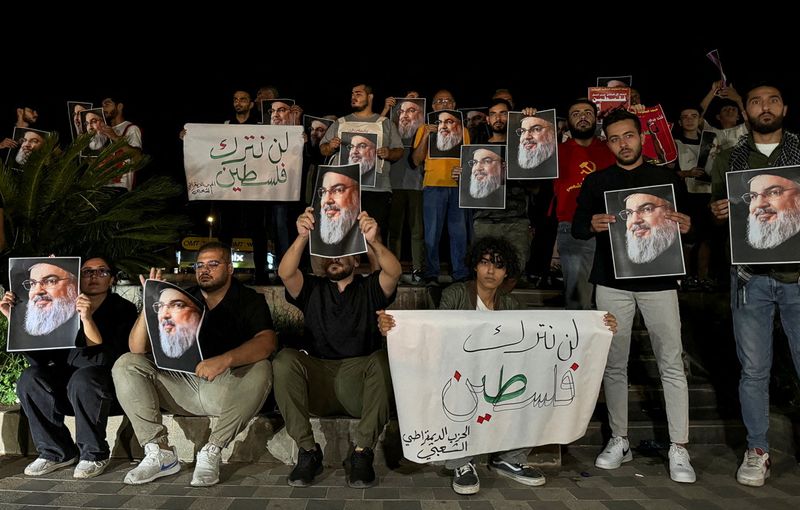The recent assassination of Sayyed Hassan Nasrallah has sent shockwaves through Hezbollah, highlighting the urgent need to address vulnerabilities within the organization that allowed Israel to carry out devastating attacks. This incident has not only resulted in the loss of key leadership but has also raised concerns about infiltration and compromised security protocols.
Nasrallah’s death in a command HQ came shortly after Israel’s successful destruction of weapons sites and booby-trapping of communications devices. This series of strikes, which also targeted other high-ranking Hezbollah officials, underscores the extent of damage inflicted on the group’s command structure.
Insights from various sources in Lebanon, Israel, Iran, and Syria reveal the meticulous intelligence efforts that led to Nasrallah’s killing. Israeli Prime Minister Benjamin Netanyahu and his team reportedly approved the operation while Netanyahu was attending the U.N. General Assembly in New York.
Despite maintaining a low profile and stringent security measures, Nasrallah’s assassination indicates a breach in Hezbollah’s defenses and possible informant involvement. The group now faces a challenge in reevaluating its security protocols and regrouping under new leadership.
U.S. President Joe Biden expressed support for Israel’s actions, calling Nasrallah’s death a “measure of justice.” The incident has significantly weakened Hezbollah, depleting key military commanders and disrupting its operational capabilities.
Hezbollah, known for its resilience and swift leadership transitions, will likely continue its operations under new command. Despite the setbacks, the group remains a formidable force with significant resources and a history of confronting its adversaries.
The ongoing conflict has also brought attention to Iran’s involvement in supplying Hezbollah with advanced weaponry. The recent escalation of hostilities underscores the complex regional dynamics and the potential for further confrontations.
As the situation unfolds, the repercussions of Nasrallah’s assassination continue to reverberate across the region, reshaping alliances and strategies in the Middle East.

Insights from military experts and diplomatic sources shed light on the evolving dynamics in the region, highlighting the complex interplay of geopolitical interests and regional power struggles.

